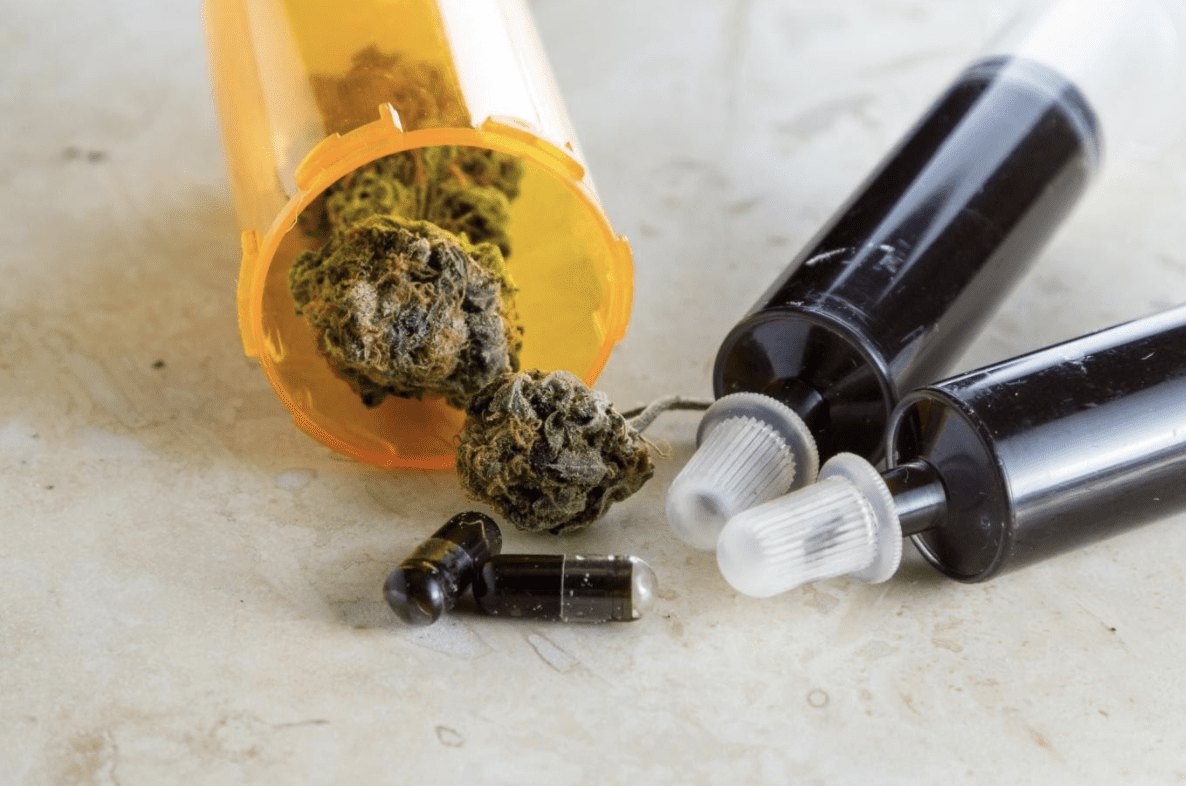Did you know that 33% of Americans have used CBD before?
This cannabinoid is extremely popular nowadays, especially since it has the same benefits as THC, except with the debilitating “high.” Plus, under the Farm Bill of 2018, all CBD products made from hemp are federally legal, which eliminates the hairy situations you can get into with marijuana products.
While it’s become a pretty mainstream supplement, not many people know how it works. For example, did you know that there’s something called the entourage effect? But this effect doesn’t happen with all CBD products!
So what is the entourage effect and what do you need to know about CBD in relation to it? Read on to find out!
About the Endocannabinoid System
Before we can discuss what the entourage effect is and what role CBD plays in it, we need to first talk about the endocannabinoid system. This will help you understand how everything works in conjunction with one another.
All living things have an endocannabinoid system. It’s responsible for homeostasis, which means it keeps things in balance, such as our moods, pain, appetite, sleep, immune system, memory, and fertility.
In our bodies, we naturally produce endocannabinoids, hence the prefix “endo.” The 2 key ones we make are anandamide (AEA) and 2-arachidonoylglycerol (2-AG). The levels of these endocannabinoids fluctuate to keep things running smoothly.
For this to happen, the endocannabinoids must bind to receptors so they’re activated. There are 2 main endocannabinoid receptors found in our bodies: CB1 and CB2 receptors. CB1 receptors are mainly found in our central nervous system (CNS) while CB2 receptors are mainly found in our peripheral nervous system (PNS).
Once the endocannabinoids have bound to the receptors and done their jobs, they must be eliminated. This is done through enzymes, which basically eat away the endocannabinoids.
Like with the endocannabinoids themselves and the receptors, there are 2 main enzymes that eliminate endocannabinoids. Fatty acid amide hydrolase breaks down AEA while monoacylglycerol acid lipase breaks down 2-AG.
Cannabinoids
Another thing we need to dive into is what cannabinoids are. These are very similar to endocannabinoids, but with one big difference: you have to introduce them to your body since you don’t naturally make them. After you consume cannabinoids, they’ll bind to your endocannabinoid receptors and act in a similar fashion to endocannabinoids.
As the name indicates, cannabinoids come from cannabis plants. The most famous one is THC, which is responsible for the euphoria and couch-locked feeling you get when consuming weed.
Another “famous” cannabinoid is CBD, the amazing cousin of THC. As we’ve mentioned above, it has almost identical effects as THC but without psychoactive effects, which makes it extremely useful for those who need to use marijuana for medical reasons but can’t afford to be impaired.
Other cannabinoids of interest include CBN, CBG, and CBC.
What is the Entourage Effect?
Now that you’ve learned a little more about the endocannabinoid system and cannabinoids, we can finally tackle the issue at hand: what is the entourage effect?
You’ve seen celebrities walking around with their entourages, right? The more people that surround them, the better it is for them.
The same concept goes for cannabis. You see, cannabis doesn’t just contain cannabinoids. It also has other goodies, such as terpenes and flavonoids.
All of the above work together to synergize and amplify one another’s benefits.
The Entourage Effect and CBD
Considering that CBD is a popular cannabinoid used today, you’re probably wondering about it when it comes to the entourage effect and your endocannabinoid system.
CBD is somewhat unique in that it’s one of the few cannabinoids that doesn’t directly attach to CB1 or CB2 receptors. However, it still influences your endocannabinoid system!
What many people don’t know is that there are several CBD products out there that can influence whether or not you’ll experience the entourage effect. Let’s explore them below.
Full-Spectrum CBD
Full-spectrum CBD offers basically everything that is present in the cannabis plant. For example, when you’re smoking CBD flower, you’ll be getting everything that comes naturally in it since it hasn’t been processed for the removal of any compounds.
While this means you’ll experience the full benefits of the entourage effect, it does mean there might be up to 0.3% of THC. This may or may not be enough to fail a drug test.
Broad-Spectrum CBD
For those of you who are worried about the THC content in full-spectrum CBD but still want to experience the entourage effect, there’s broad-spectrum CBD. This still contains all the above extracts, except the extraction process removes all traces of THC.
CBD Isolate
You’ll also see CBD isolate products on the market. However, as the name suggests, the only thing you’ll get is CBD. This means you won’t experience the entourage effect.
However, this can be a good choice if you’re looking to maximize on the benefits of CBD itself.
Reap the Benefits of the Entourage Effect
After reading this article, you now know what the entourage effect is and how you can benefit from it. So when you’re looking for CBD products, you want to make sure that you choose ones that are either full or broad-spectrum. Otherwise, if you use isolate products, all you’ll benefit from is CBD, nothing else.
Of course, if you’re afraid of failing drug tests, you should opt for broad-spectrum CBD. This ensures that there is no THC in the product but that you still get a wide range of other cannabinoids, terpenes, and flavonoids so you can enjoy the entourage effect.
If you found this article on CBD and the entourage effect helpful, make sure you browse the rest of our blog for more useful posts!







